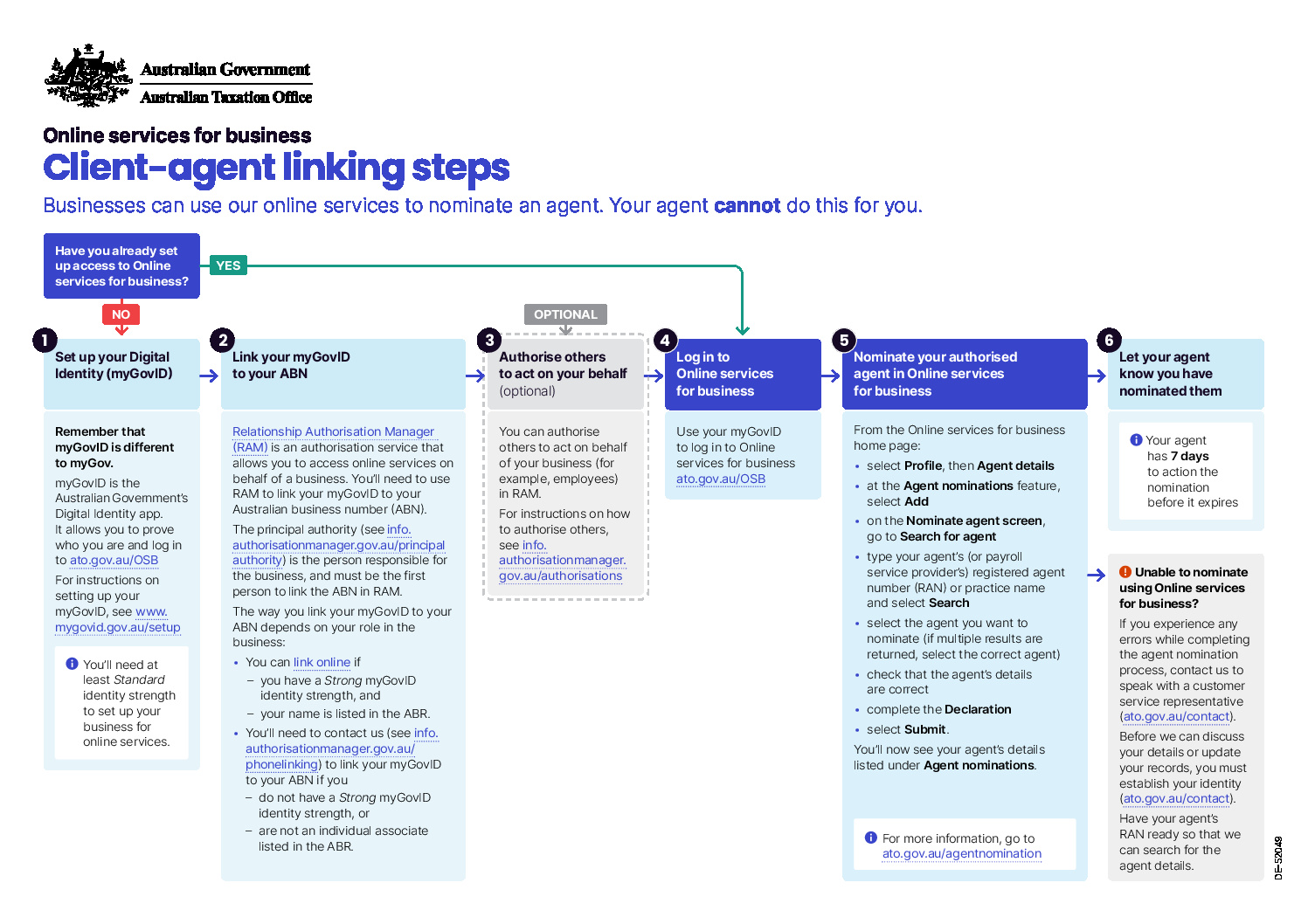This might seem like a strange thing to write about… giving and receiving criticism at work!
It might also seem like something most of us don’t want to deal with or think about at work, but regardless of what we do for work and how well we might do our job, some criticism is eventually going to come our way.
When it does come our way, it can be one of the toughest moments we have to deal with in our working life. None of us like hearing negative comments about our performance and what’s even more awkward is having to tell someone else how they could improve.
Tough conversations are never easy but avoiding them all together is not a positive thing either. We all need to learn the fundamental skill of being able to give and receive advice, feedback, and even constructive criticism.
It’s only natural that we never want to ‘feel’ like we’re wrong and it’s even harder when we hear that message from someone. Instinctively, our brain tries to protect us when we receive criticism, so much so that even when we are wrong, our brain makes sure we always feel like we’re in the right. Some psychologists believe that criticism can feel like an actual threat to our survival, so it’s no wonder it can be a difficult thing for us to hear and offer.
When we’ve been given criticism, we remember the feeling very strongly but the actual details of the criticism we remember inaccurately. Apparently, if the information we hear conflicts with our self-image, our first instinct is to change the information, rather than ourselves. Therefore, receiving criticism will always have a greater impact than receiving praise.
By now you would have figured out what a delicate undertaking criticism can be. So, what’s the best way to offer critical feedback to get the most positive result?
Here are a few tips to help:
- The person delivering the feedback needs to be credible in the eyes of the recipient;
- The person providing the feedback is trusted by the recipient;
- The feedback is conveyed with good intentions;
- The feedback message is clear;
- The timing and circumstances of giving the feedback are appropriate; and
- The feedback is helpful to the recipient.
The most important step is to make sure that your feedback is coming from the right place for all the right reasons.
The main motivating factors for giving feedback are:
- Sense of responsibility
- Commitment and/or concern for another
- To guide/mentor
- To support/enhance
Another well-known strategy for giving feedback is the ‘Criticism Sandwich’…

As the sandwich shows, you begin with praise, address the problem and follow-up with more praise. The more of the conversation you can put a positive spin on, the more likely the recipient is to be in the right frame of mind to make the changes that need to be made.
Now let’s look at the best way to prepare for and receive criticism…
The best strategy is to invite feedback regularly, especially from those you trust. This will enable you to see any challenges ahead of time and will give you experience in responding positively to feedback. Try asking your Manager some open-ended questions, for instance, “If you had to make a few suggestions for improving my work, what would they be?” or “How could I do a better job of prioritising my tasks?”.
When we receive honest feedback it can be tempting to become defensive or make excuses for the criticism. Try letting the other person completely finish before interrupting and listen intently. Ask some questions if you need to but take the time to fully digest the feedback and reflect on what you’ve heard.
The ‘growth mindset’
Those of us who have a ‘growth mindset’ are able to see critical feedback as an opportunity for improvement, as opposed to those of us who have a ‘fixed mindset’. To be able to focus our abilities on change and growth, we need to cultivate a more ‘growth mindset’.
We can find it quite easy to take credit for our successes but admitting failure is something we don’t find easy. For example, it is easier to blame failure on external factors rather than on our own shortcomings. Take credit for your mistakes and grow!
Learning to receive and accept criticism is a process that needs to be continually worked on. Strive for the ability to treat feedback as a gift rather than a curse and remember that any respectful feedback is a gift we share to help one another grow.













